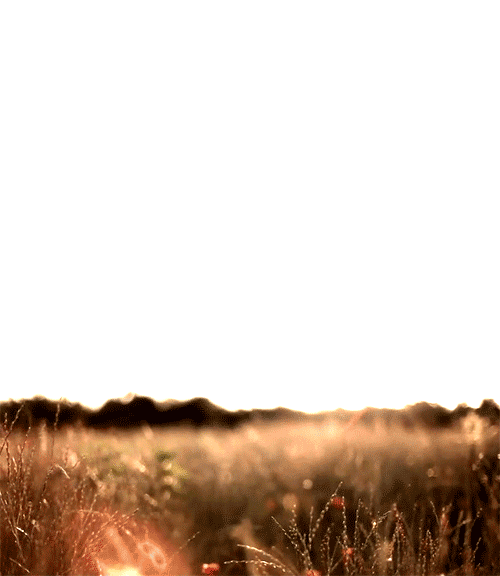Chapter 9 of potential hindrances to our creative development:
**00IX: An ‘art critique’ is a necessarily painful affair.**
By now I’m hoping it’s a bit more apparent that it’s up to us whether we suffer in an art critique or from criticism in general. If this is still murky, perhaps we need to ask ourselves why we really want to express something and why we want to share it with others. Why is this meaningful or important to us? What do we really need to go through to creatively thrive?
Let’s say, just for example, we want to bring to the world an image, movement, sound, flavour, performance etc. that only we can make. We have everything we need but are seeking guidance to coax it out of us—isn’t it ultimately up to us to decide how we receive the instruction and direction coming our way? Naturally, this may take some experience— we may be too young or naïve to determine the contracting and expanding aspects of an influence coming at us but it eventually becomes clear when we notice how we feel (and how we want to feel).
When I was a kid, my father told me that I played a better game when I got angry and he was totally right. He would even help me out with this by provoking me from the sidelines to help me conjure my f*ck you response. What I didn’t realize back then was that the intense pissed-off feeling was just helping me to be highly focused. I’ll admit it was a cool power sensation that improved my skill and performance but the cost was my enjoyment (and I seemed to develop the habit of carrying around a chip on my shoulder). I also felt super drained and sort of detached afterwards. I eventually decided that I didn’t like feeling bitchy while I played and discovered that I could use my imagination and enjoyment to achieve the same level of passionate focus during a game— and this invoked a feeling of elation and connection that carried over into my daily life. Both methods offered impetus and I’m fortunate to have tasted each of them because I found out 1) how to tap my emotional spectrum and 2) that relying on rage is unsustainable, self-destructive and not really a good time.
Personally speaking, if I’m going to consider any feedback regarding my work or the work of others, I am looking for momentum— because it usually rides with enthusiasm, clarity, challenge, diversity, complexity, satisfaction, expansion etc. I don’t want to waste time with any commentary or expression of taste that causes interference or stagnation. American artist Georgia O’Keeffe wrote in a letter to writer Sherwood Anderson:

Georgia O’Keeffe. Photo by Ansel Adams. The LIFE Magazine Collection, 2005.
“What others have called form has nothing to do with our form—I want to create my own and I can’t do anything else—if I stop to think of what others—authorities or the public—or anyone—would say of my form I’d not be able to do anything.
I can never show what I am working on without being stopped—whether it is liked or disliked I am affected in the same way—sort of paralyzed—.”
We know that O’Keefe eventually shared her work so it seems she was referring to keeping at bay any influences while she was in the middle of making. If we’re enrolled in an art class or program, though, we don’t really have the luxury of avoiding interruptions in the midst of our process. This is why I hoped to offer some sort of empowering perspective—so that no matter what style or context of critique or criticism we’re up against, we can keep an arm’s length and decide for ourselves what offers possibility. Why cling to a subordinate or victim stance? If judgement is coming from our friends or teachers we might take a chance and ask for descriptive feedback or just filter what they throw at us (family could take a bit more practice to drop the shields). If the context happens to be a room where everyone has come together to give attention to a work of art, why not let this be an improvized adventure born under everyone’s gaze; a chance to both mystify and charm the intellect and heart. After all, we don’t have to create for anyone nor does anyone owe us anything. As American poet and essayist, Louise Glück wrote:
“Art is not a service. Or, rather, it does not reliably serve all people in a standardized way. Its service is to the spirit, from which it removes the misery of inertia. It does this by refocusing an existing image of the world…— where the flat white of the page was, a field of energy emerges.”
Maybe that’s it: whatever we wanna say or hear about a work of art, let’s take or offer the guidance that “removes the misery of inertia” and leads us to a shining field of energy— that’s probably where personal transformation will unfold on its own.
If I am not for myself, who will be for me? And when I am for myself, what am ‘I’?
And if not now, when?
~HILLEL THE ELDER
*Disclaimer: No copyright infringement intended. I do my best to track down original sources. All rights and credits reserved to respective owner(s). Email me for credits/removal.
